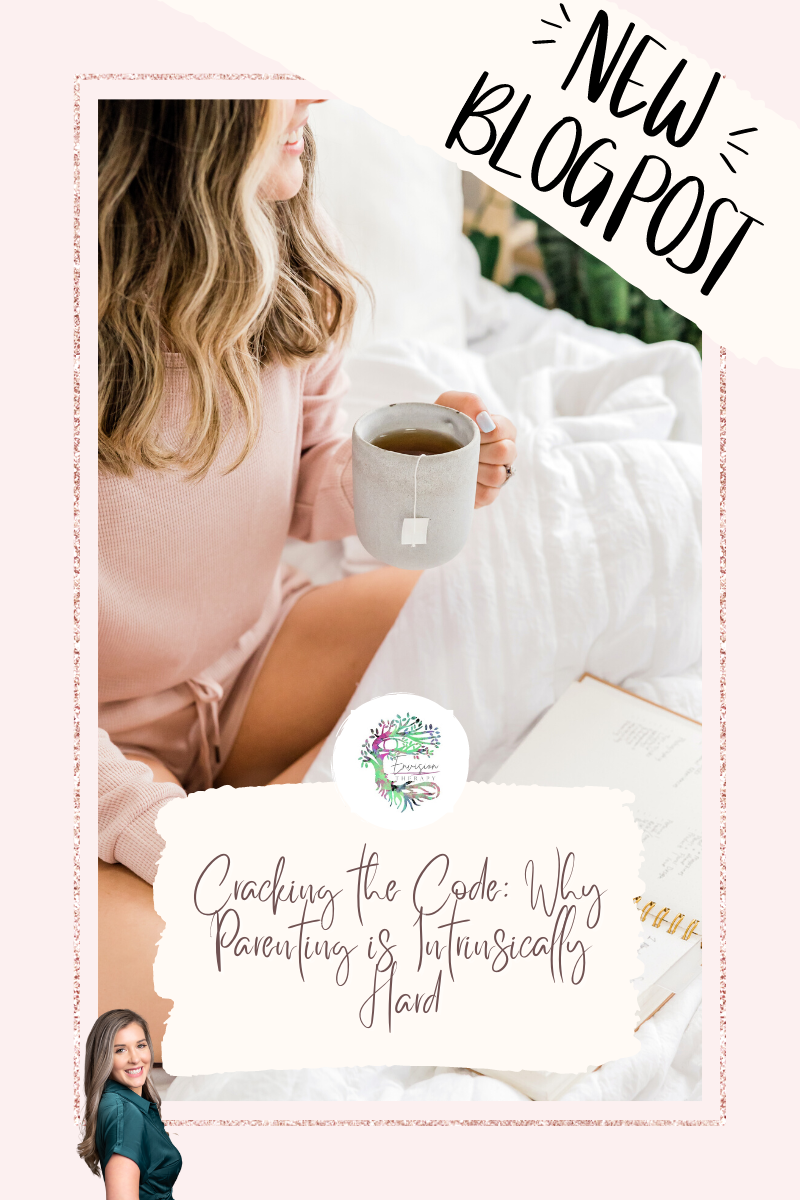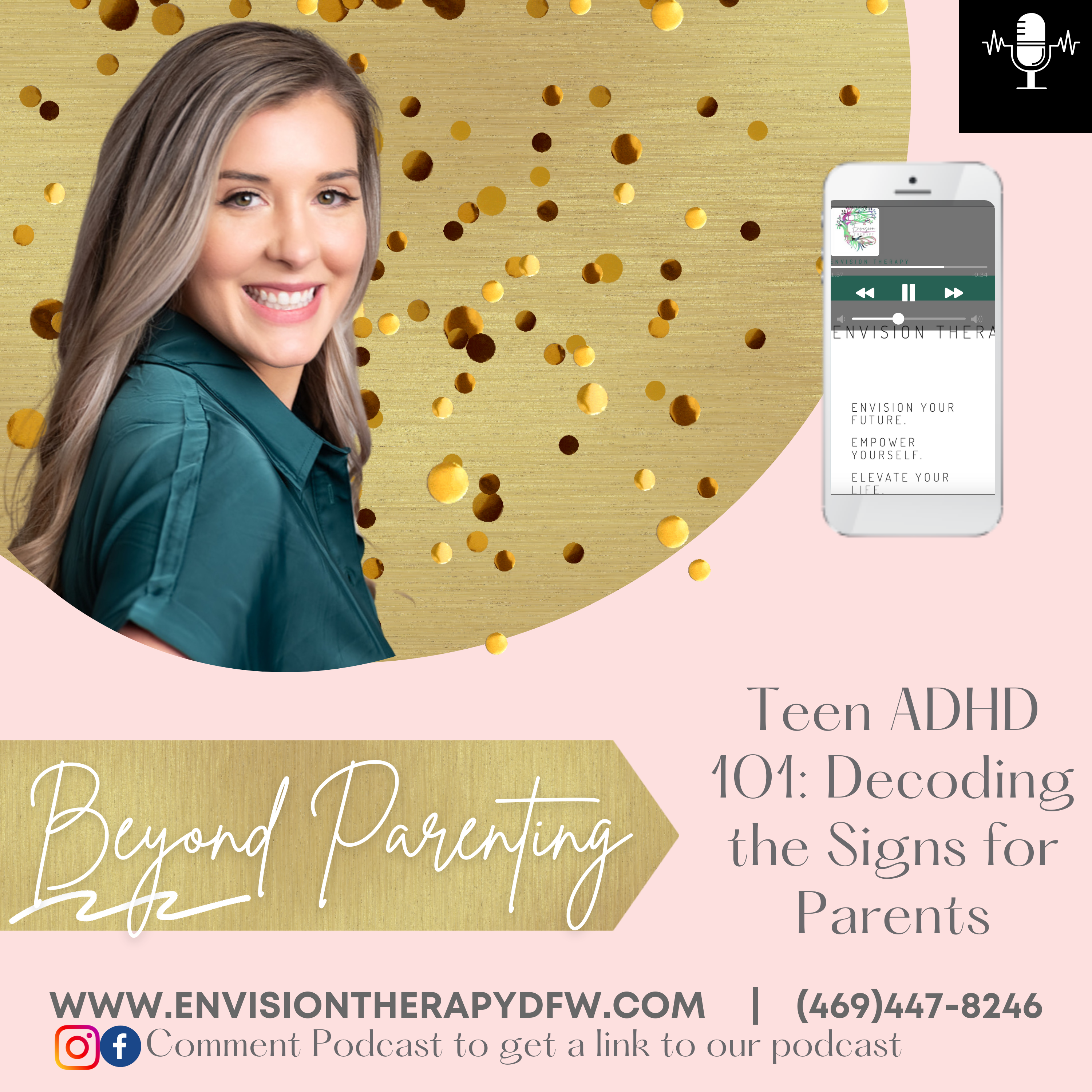-

Cracking the Code: Why Parenting is Intrinsically Hard
•
Dive into the complexities of parenthood, understanding why parenting is intrinsically hard. Explore valuable insights to navigate challenges and build resilient family bonds. Your journey to parenthood just got a bit easier.
-

Prioritize Self-Care in Parenting: Nourish Yourself to Better Nurture Your Children
•
In the whirlwind of parenting, self-care often takes a backseat. This article serves as a reminder: prioritize yourself to better nurture your children. Explore the transformative power of self-care, breaking the guilt cycle, and practical tips to weave it into your daily routine. From carving out ‘me time’ to connecting with a support system,…
-
Connect with Your Child: 4 Essential Steps for Parental Bonding
•
Building a strong connection with your child is a journey that requires active listening, intentional quality time, positive reinforcement, and empathetic boundary-setting. These four steps form the foundation for a deep and lasting parent-child bond, impacting your child’s emotional and cognitive development. Explore our guide to unlock the secrets of effective parenting and create…
-
Building Patience, Building Bonds: Patience in Parenting
•
Discover the secrets to maintaining endless patience in parenting. Learn practical tips and strategies to build lasting connections with your children.
-

Parenting Realities: 7 Myth-Busting Facts Every Parent Should Know
•
Discover the truth behind common parenting myths and find peace in embracing imperfections. Uncover valuable insights to navigate the challenges of parenthood with confidence. Discover the real truths of parenting. Break free from myths for confident, stress-free parenthood. Embrace imperfection and find peace in your unique journey.
-

Navigating Teen Body Image: Separating the Signal from the Noise
•
Discover effective strategies for navigating teen body image challenges. Uncover the pitfalls in conventional parenting advice, and learn key messages to foster a positive body image journey for your teen. Cut through the noise, reject unrealistic beauty standards, and understand your teen’s struggles on a deeper level. Elevate your parenting journey with insights that…
-
Overcoming ADHD Procrastination: 3 Steps to Boost Productivity
•
Unlock productivity with our comprehensive guide on overcoming ADHD procrastination. Break tasks into manageable steps, set realistic goals, and harness visual aids for lasting change.
-

Teen ADHD 101: Decoding the Signs for Parents
•
Unlock the secrets of common symptoms of teen ADHD and discover the unique quirks of boys and girls. Parenting teens with ADHD just got a little more exciting!
-
From Selective Hearing to Active Listening: The Eye Contact Method
•
Enhance your parenting skills with the art of eye contact. Strengthen your bond and improve communication. Try these practical tips today and witness the difference in your interactions with your child.
-

Nurturing Resilience: Strategies for Building Strong Relationships
•
Discover practical strategies, insightful conversations, and expert advice on building a resilient partnership that stands strong in the face of life’s challenges. Subscribe now for a journey towards a more resilient and thriving relationship.
